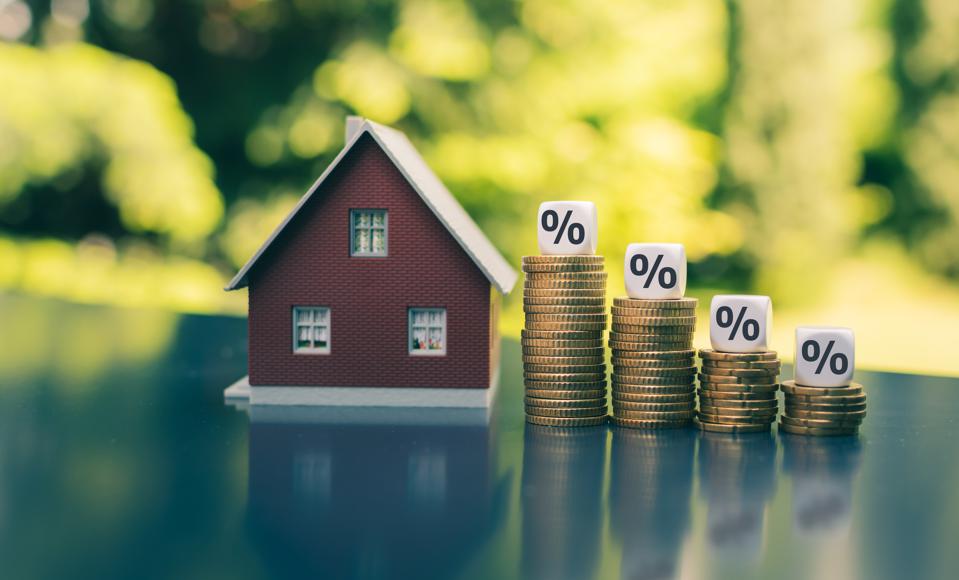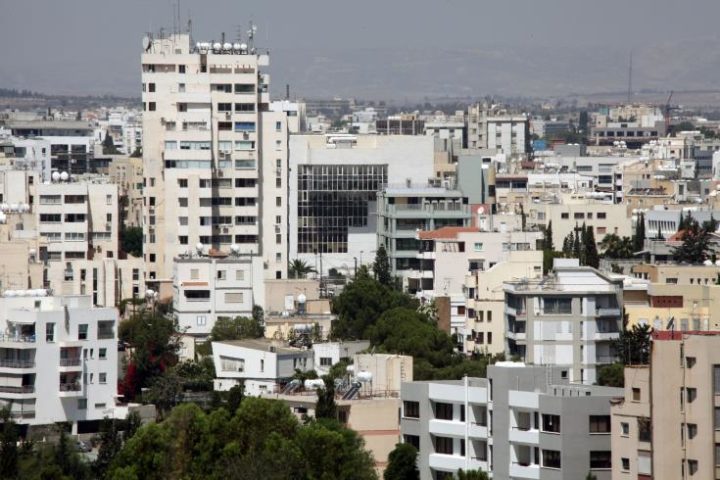The Finance Ministry seek to push the thorny issue of finding a compromise on reduced VAT for first homes to the next government after the European Commission’s latest warning against Cyprus over the discount.
The European Commission has given legislators until 15 February to approve relative legislation aligned with the EU directives on housing incentives, but the government has asked for an extension.
News site Stockwatch quotes a government source confirming that Nicosia has asked for more time due to next month’s elections.
President Nicos Anastasiades’ administration will step down at the end of February, following the 5 and 12 February elections. The new government will be sworn in on 1 March.
The EU directive dictates that member states introduce legislation of 5% VAT on homes up to 140 square metres.
In Cyprus, the reduced rate of 5% VAT applies for homes up to 200 sqm of buildable area.
The European Union directive to reduce the size of homes entitled to a lower 5% VAT had parliament and real estate stakeholders in an uproar, as they claimed it would endanger the recovery of the construction sector and the wider economy.
MPs have proven less than willing to introduce the legislation, as Cypriot houses are traditionally bigger than the directive indicates.
They have been calling for the government to convince Brussels to cut Cyprus slack, as the directive would impact young couples’ ability to buy their first home.
Legal limbo
A Finance Ministry bill has lingered in the House for months, despite the cabinet already agreeing to the directive.
According to the bill, a home of more than 170 sqm will get the standard 19% VAT for every square metre over the limit.
But a home covering over 220 square metres would not be eligible for the lower VAT rate of 5% and instead incur 19% for the whole project.
Currently, this is applicable for homes over 275 square metres.
For flats, only the first 90 square metres of an apartment covering 110 sqm will be taxed at 5% VAT.
The government prepared the above bill as a compromise, as the directive allows states to employ a reduced VAT rate on homes if this serves social policy, such as promoting affordable housing.
Cyprus could be slapped with sanctions by Brussels, as an infringement procedure was launched against the Republic in the summer of 2021.
The Commission sent a warning letter in early December, giving the island until 15 February to usher in the bill.
The EU has argued that it has evidence indicating the government did not use what is considered a social contingency measure in a targeted manner.
In the warning letter, the European Commission stated clearly that third-country nationals eyeing a Cypriot passport through its now-defunct Citizenship for Investment scheme have benefited from the measure.
Nicosia is also under the microscope after an Audit Office report claimed the current legislation was abused by foreign investors eyeing a golden passport, costing the state millions in unpaid taxes.
Based on the findings, the Republic had revenue losses of €200 mln from foreign investors who were naturalised as Cypriots.
Foreign investors eyeing a Cypriot passport took advantage of loopholes when buying luxury apartments, getting away with the lower 5% VAT clause.
MPs argue the government proposal does not cover people looking to buy their first home, while the main opposition party AKEL and the Greens have tabled their proposals.
Green MP Stavros Papadouris tabled a bill that sees a reduced 5% VAT applied for the first 180 sqm of a house that does not exceed 220 sqm, with a maximum building cost of €300,000, the end value of €450,000.
AKEL’s proposal grants a reduced VAT based on the value of the residence but also an exemption from this for mansions and luxury homes.










